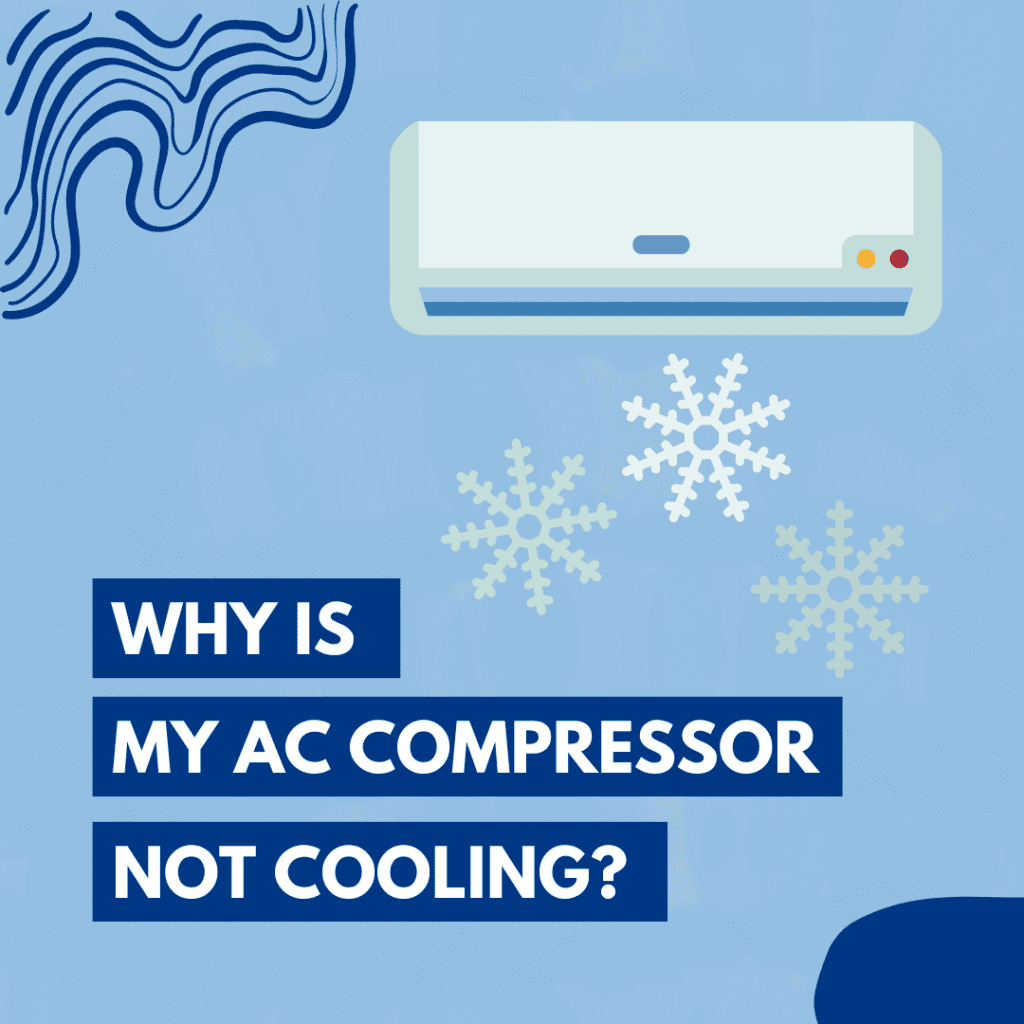During the hot summer months, a malfunctioning AC compressor can cause a significant inconvenience. If you’re wondering why your AC compressor is not cooling, understanding its role and common problems can help you troubleshoot the issue. In this article, we will discuss the functionality of an AC compressor, common problems it may encounter, signs of a failing compressor, troubleshooting steps, and when to consider professional repair versus DIY options.
Understanding the Role of an AC Compressor
An AC compressor plays a crucial role in the cooling process of your air conditioning unit. It is a key component responsible for pumping refrigerant through the system, effectively transferring heat from inside your home to the outside environment. Without a functioning compressor, your AC system won’t be able to cool your space efficiently.
The Basic Functionality of an AC Compressor
The AC compressor works by compressing low-pressure refrigerant gas into high-pressure, high-temperature gas. As the refrigerant circulates through the evaporator coil in your AC system, it absorbs heat from the indoor air, causing the refrigerant to evaporate and turn into a low-pressure gas. This gas is then drawn into the compressor, where it is compressed, raising its pressure and temperature.
But let’s dive a little deeper into the inner workings of the AC compressor. Within the compressor, there are two main components: the piston and the cylinder. The piston moves up and down within the cylinder, creating a compression chamber. As the piston moves downward, it creates a vacuum, drawing in the low-pressure refrigerant gas. When the piston moves upward, it compresses the gas, increasing its pressure and temperature.
The high-pressure refrigerant gas then flows into the condenser coil located outside your home. Here, the heat is released into the outdoor air, and the refrigerant condenses back into a liquid due to the high pressure. This liquid refrigerant then travels back into the evaporator coil to repeat the cooling process.
How an AC Compressor Contributes to Cooling
The primary function of the compressor is to raise the pressure of the refrigerant, enabling it to release heat efficiently and cool your home. It ensures that the cooling cycle can continue, maintaining a comfortable indoor temperature. Without a properly functioning compressor, the cooling process becomes inefficient or ceases altogether.
Additionally, the AC compressor also plays a role in dehumidifying the air. As the refrigerant circulates through the evaporator coil, it not only absorbs heat but also removes moisture from the air. This helps to reduce humidity levels, creating a more comfortable and healthier living environment.
Furthermore, the compressor is designed to be durable and reliable, as it needs to withstand high pressures and temperatures. Regular maintenance, such as cleaning the coils and replacing air filters, can help prolong the life of the compressor and ensure optimal performance of your AC system.
Common Problems with AC Compressors
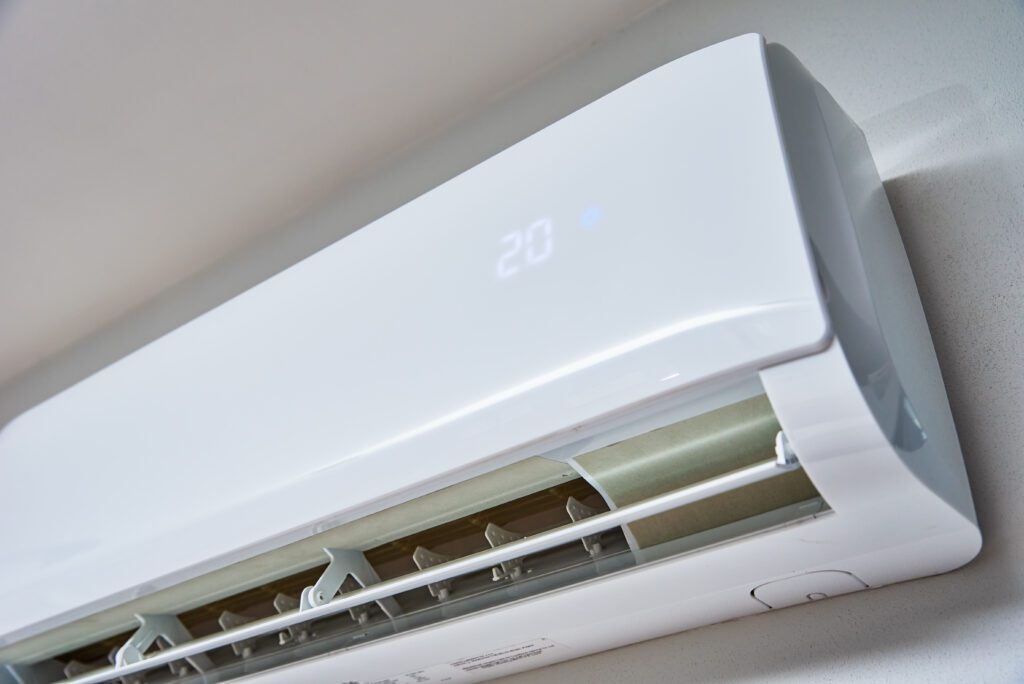
Unfortunately, AC compressors can encounter issues that prevent them from functioning optimally. Here are some common problems you may face:
Issues with the AC Compressor Motor
In some cases, the motor that drives the AC compressor may fail or become faulty. This can result in the compressor not running at all or struggling to function, leading to inadequate cooling. Electrical issues, worn-out parts, or overheating can contribute to motor problems.
Refrigerant Leaks and Their Impact
Leaking refrigerant can cause significant issues with the performance of your AC compressor. Insufficient refrigerant levels can lead to low pressure and inadequate heat transfer, ultimately resulting in poor cooling capacity. Common causes of refrigerant leaks include damaged coils, loose fittings, or faulty valves.
Another common issue that can affect AC compressors is compressor overheating. This can occur due to a variety of reasons, such as a dirty condenser coil, improper refrigerant levels, or a malfunctioning fan. When the compressor overheats, it can lead to system shutdowns and potential damage to the compressor motor.
Electrical Problems and Their Consequences
Electrical issues can also plague AC compressors, causing disruptions in their operation. Faulty wiring, blown fuses, or issues with the capacitor can all lead to electrical problems that prevent the compressor from functioning correctly. These issues can result in the compressor not turning on, irregular cooling cycles, or even complete system failure.
Signs Your AC Compressor is Failing
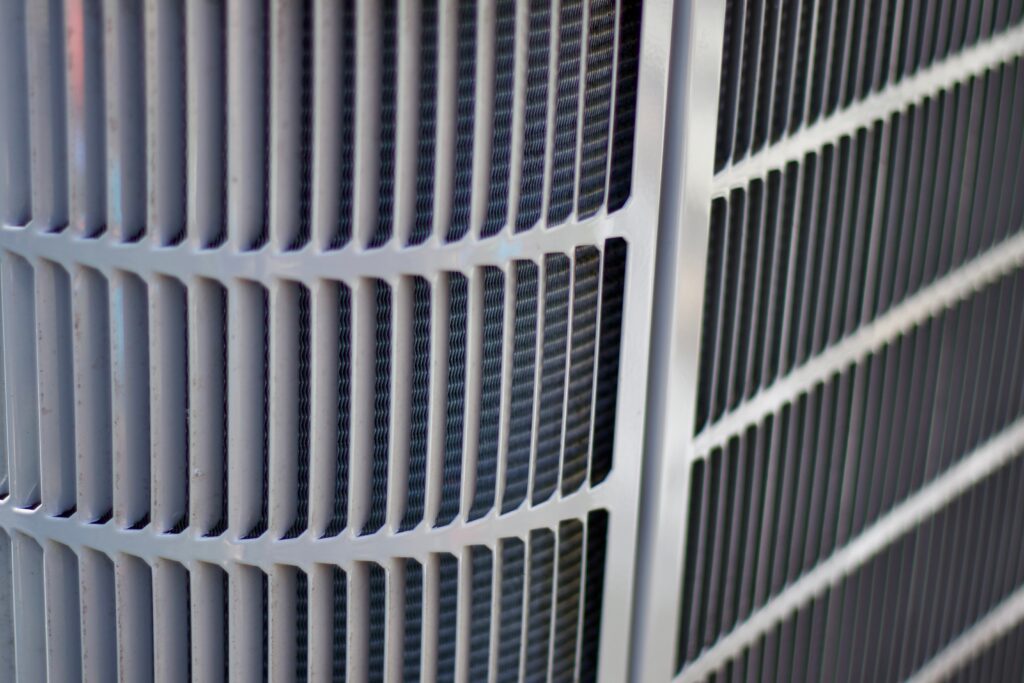
Identifying the telltale signs of a failing AC compressor is crucial in resolving cooling issues promptly. Look out for these indicators:
Unusual Noises from the AC Unit
If you notice loud, unusual noises such as grinding, hissing, or banging coming from your AC unit, it could be a sign of compressor problems. These noises can indicate loose or broken components within the compressor, requiring immediate attention to prevent further damage.
Moreover, a failing AC compressor might also produce a high-pitched squealing sound, which could be due to a worn-out belt or motor bearing. Ignoring such noises can lead to complete compressor failure, resulting in a costly repair or replacement.
Warm Air from the AC Vents
A malfunctioning compressor may fail to cool the refrigerant adequately, resulting in warm air being circulated through the AC vents. If you experience reduced cooling performance or a complete lack of cool air, it’s worth investigating the compressor as a potential cause.
In addition to warm air, another sign of compressor issues is inconsistent cooling throughout your home. You may notice certain rooms are significantly warmer than others, indicating that the compressor is struggling to maintain consistent cooling levels. This can lead to discomfort and higher energy bills as the AC system works harder to compensate for the compressor’s inefficiency.
Troubleshooting a Non-Cooling AC Compressor
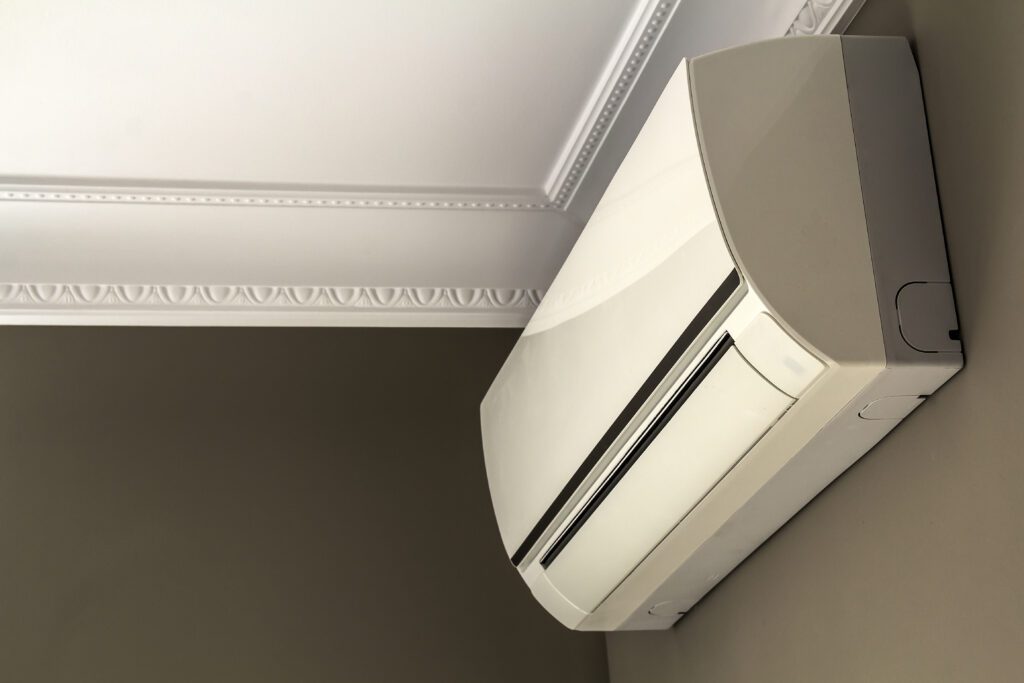
While DIY troubleshooting might help solve some issues, it is essential to exercise caution when dealing with AC compressors. Here are some steps you can take to assess the situation:
When troubleshooting an AC compressor that is not cooling properly, it’s crucial to first understand the basic components of the system. The compressor plays a vital role in the cooling process by pressurizing the refrigerant, which then absorbs heat from inside your home and releases it outside. If the compressor is not functioning correctly, it can lead to inefficient cooling or no cooling at all.
Checking the AC Compressor for Damage
Inspect the compressor for visible signs of damage such as bent fins, oil leaks, or loose connections. Ensure that the external fan is working correctly and that the compressor motor is running. However, be cautious when handling electrical components and consider consulting a professional if you are unsure.
In addition to visual inspection, it’s also essential to listen for any unusual noises coming from the compressor. Grinding, squealing, or clunking sounds can indicate mechanical issues that require immediate attention. Ignoring these noises can lead to further damage and potentially costly repairs down the line.
Assessing the AC System’s Refrigerant Levels
If you suspect a refrigerant leak, it may be worth checking the system’s refrigerant levels. Low refrigerant levels can be an indication of a leak, but refrigerant handling requires specialized knowledge and equipment. Contacting a professional HVAC technician is recommended for accurate diagnosis and repair.
Furthermore, understanding the importance of proper maintenance can help prevent compressor issues in the future. Regularly changing air filters, cleaning the outdoor unit, and scheduling annual tune-ups can prolong the life of your AC system and ensure efficient operation. By taking proactive measures and addressing problems promptly, you can enjoy a cool and comfortable indoor environment throughout the year.
Professional Repair vs DIY: What to Consider
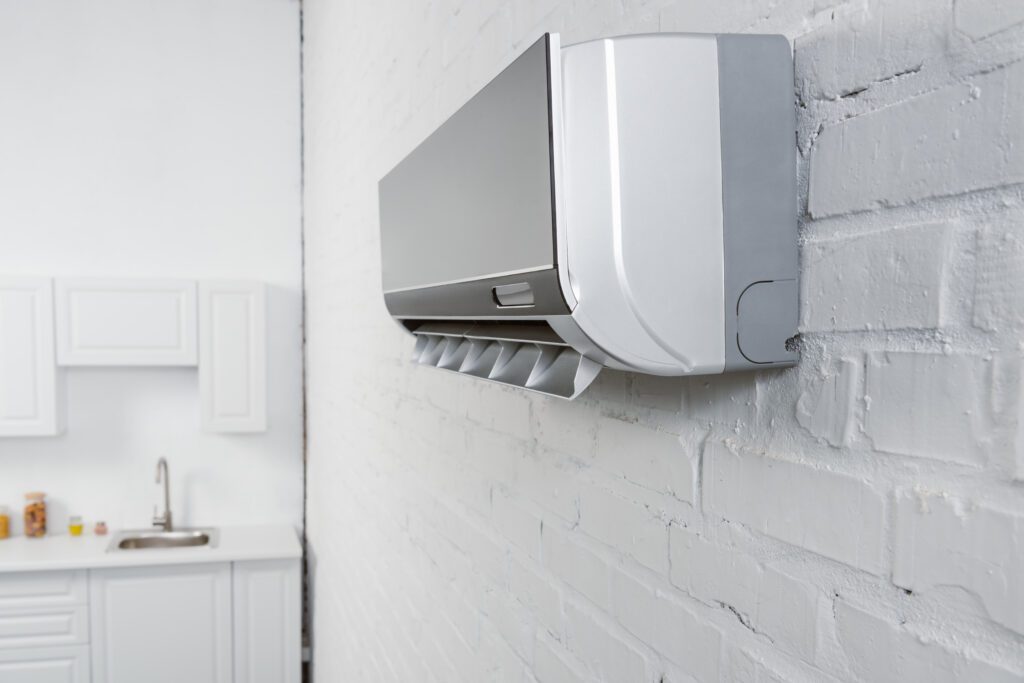
Deciding whether to opt for professional AC compressor repair or attempt a DIY solution depends on various factors. Consider the following:
When to Call a Professional
It’s advisable to seek professional help if you lack technical expertise, encounter electrical issues, or suspect a refrigerant leak. Professional HVAC technicians have the necessary knowledge and tools to diagnose and repair complex problems, ensuring long-term solutions and preventing potential safety hazards.
Risks and Benefits of DIY AC Compressor Repair
If you have experience and confidence in addressing minor AC issues, attempting a DIY repair may be feasible. However, it’s important to weigh the risks associated with working on complex electrical systems. Mishandling the compressor or refrigerant can lead to further damage or even personal injury.
In conclusion, understanding the role of an AC compressor, common problems it may encounter, signs of failure, and troubleshooting steps can help you identify and address cooling issues. Consider your comfort level and the complexity of the problem when deciding between professional repair and DIY options. Remember, prioritizing safety and seeking professional assistance when necessary can ensure the longevity of your AC system and uninterrupted cooling during hot summer days.

